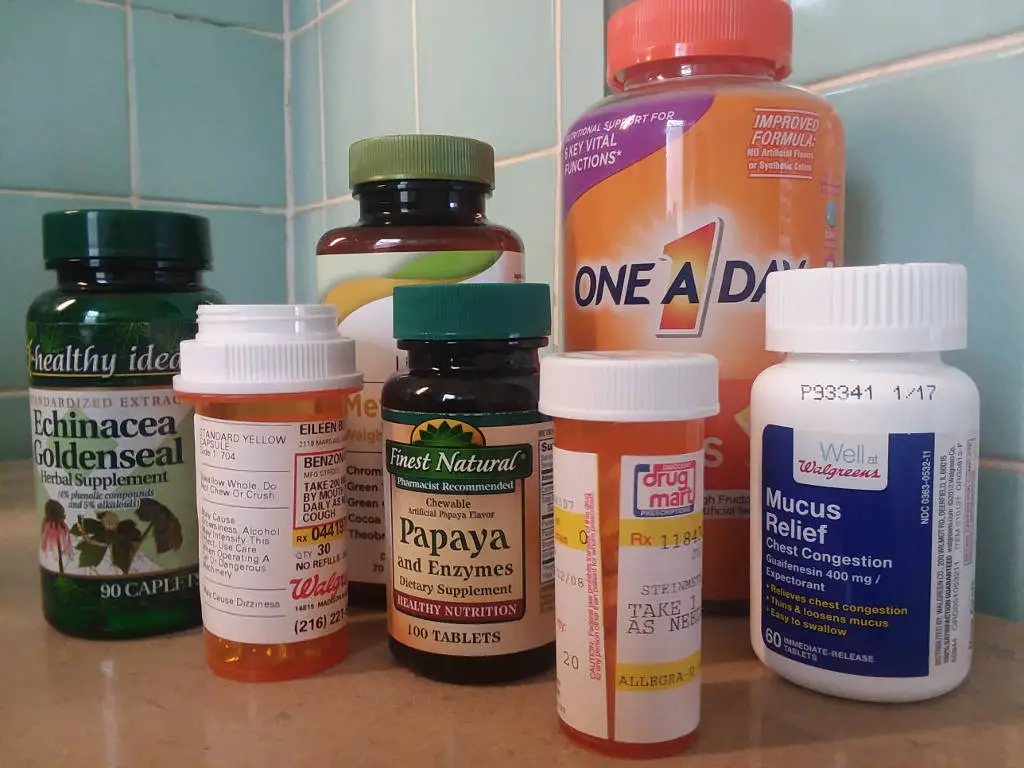
In the hustle of modern life, supplements have emerged as companions on our journey to wellness. From vitamins that boost immunity to minerals that fortify bones, these tiny powerhouses offer a convenient way to bridge nutritional gaps. Picture your morning routine infused with a burst of energy from B vitamins or feel your muscles grow as you get hydrated with minerals. Supplements, like trusty sidekicks, stand ready to complement our diets and enhance vitality. Though, not all are nearly as helpful as they appear to be. While not a magic fix, they offer potential benefits that harmonize with healthy lifestyles. So, consider them allies in your quest for a balanced, vibrant life.

Assess What You Need
Understanding your potential supplement requirements begins with a thorough assessment of your dietary habits. Carefully evaluate your eating patterns to identify any gaps in essential nutrients. Are certain food groups, like leafy greens or dairy, underrepresented in your meals? These observations provide initial insights. Additionally, consider the impact of your lifestyle. Individuals with high activity levels might benefit from energy-enhancing B vitamins, while those with limited sun exposure could consider additional vitamin D intake. Also, take into account any distinct circumstances, such as pregnancy or specific health objectives. By merging insights from dietary habits and lifestyle factors, a comprehensive understanding of potential nutrient deficiencies emerges.
Incorporating supplements into your regimen necessitates a systematic approach involving trial and observation. Commence by introducing one supplement at a time, meticulously noting its effects on your well-being. Did an iron supplement lead to increased energy levels? Did biotin noticeably enhance your skin health? Maintaining a systematic record, such as a supplement journal, aids in tracking individual responses. Over time, this process of elimination and attentive monitoring will enable you to figure out which supplements genuinely contribute to your overall health. Keep in mind that customized health journeys are diverse, and a universal solution does not apply. The crux lies in aligning personalized needs with the nutrients that optimize vitality.
